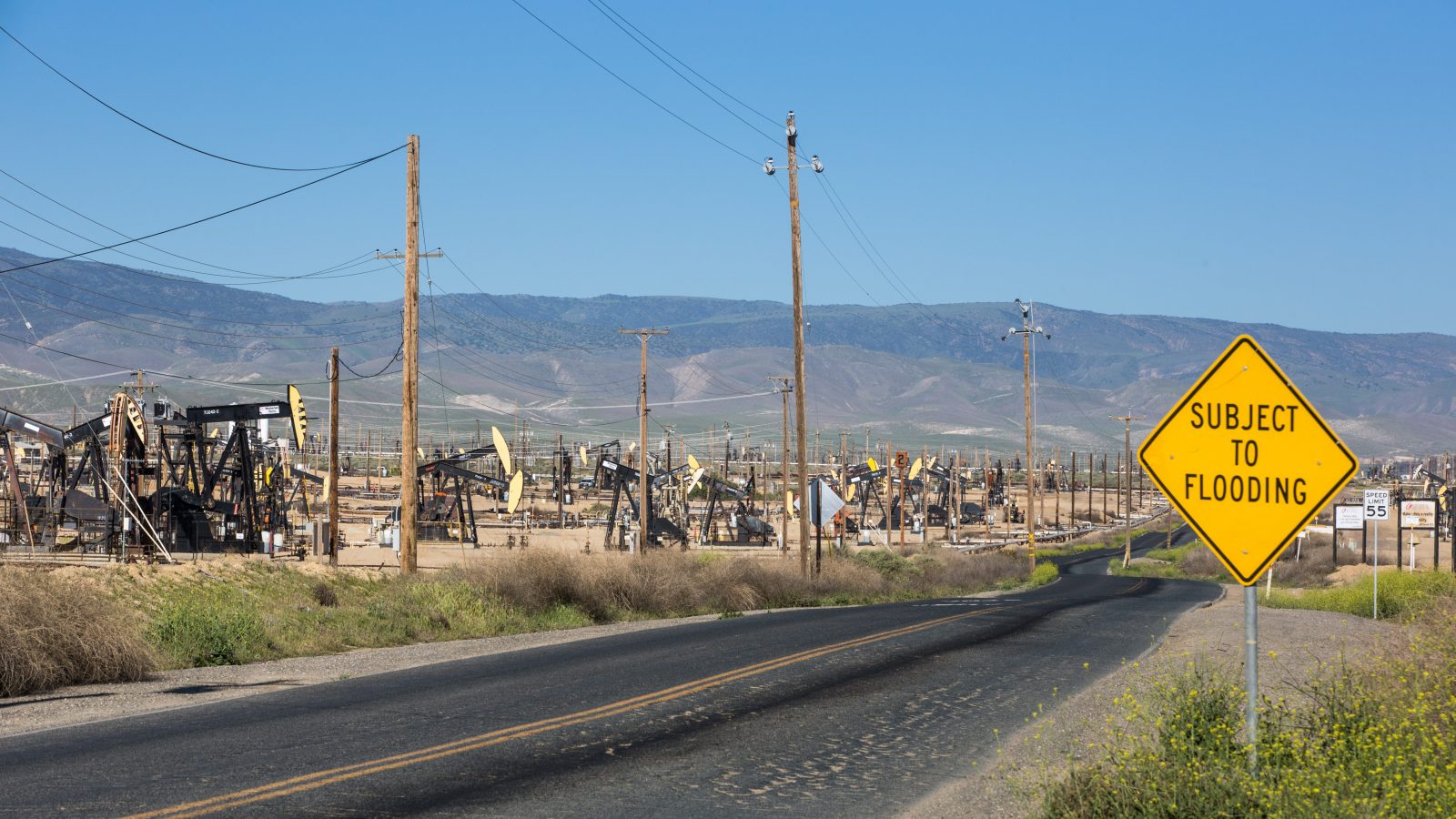There’s a saying among energy wonks about the Federal Energy Regulatory Commission: It’s never seen a pipeline it didn’t like. But the commission’s new chair could make that adage a thing of the past.
The independent commission known as FERC, pronounced like a kid-friendly version of the popular expletive, was established by Congress in 1977 to regulate the United States’ energy landscape. FERC wields an enormous amount of power, overseeing the nation’s pipelines, natural gas infrastructure, transmission lines, hydroelectric dams, electricity markets, and, by association, the price of renewables and fossil fuels. It’s made up of up to five commissioners — no more than three members of the same party can serve at a time — including one chair, who sets the commission’s agenda.
Historically, the commission has not done a good job of taking climate change and environmental justice into account as it has approved and regulated energy projects across the U.S. “I would put FERC in the basket of agencies that have huge climate relevance, but where climate has generally not been front and center,” Barry Rabe, a professor of public and environmental policy at the University of Michigan, told Grist. A system for accounting for climate impacts isn’t baked into FERC’s structure, he explained. That could change as President Joe Biden executes a “whole of government” approach to tackling climate change.
“One of the most interesting places to do climate policy is at FERC,” Representative Sean Casten, Democrat from Illinois, told Grist in January. “What would it mean to actually change markets to accelerate the deployment of clean energy? Frankly, you can be much more policy smart and much more environmentally ambitious doing that in the context of a FERC hearing than you can doing it through Congress.”
In January, President Joe Biden appointed Richard Glick, formerly the sole Democratic vote on the commission, to chair FERC. Some of Glick’s priorities? Environmental justice and climate change mitigation and adaptation. Last week, at his first press conference since being appointed to lead the commission, Glick announced that FERC will create a senior-level position dedicated to assessing the environmental justice impacts of proposed projects. For the first time, the commission will take a look at how developments like natural gas pipelines affect surrounding communities to make sure they don’t “unfairly impact historically marginalized communities,” Glick said.
But experts say Glick’s influence on the commission will extend far beyond the new environmental justice position. “In the day-to-day operation, the chair has enormous unilateral influence over the direction of the agency, the agency’s priorities, and when it brings certain matters to the full commission for a vote,” Tyson Slocum, director of the nonprofit consumer rights advocacy group Public Citizen’s energy program and a FERC watchdog, told Grist. “Glick understands that FERC has a terrible track record on environmental justice issues, particularly on pipeline cases, and he understands that environmental justice is a major initiative of this administration,” he said. Under Glick, FERC could liberate renewables from what Slocum calls “artificial impediments” and allow clean energy to hit the grid at the lowest possible cost.
One of those artificial impediments that FERC could consider in the coming months is something called the minimum offer price rule, or MOPR. During Trump’s term, gas generators complained that states responding to the climate crisis were implementing policies to encourage large-scale renewables, which was causing so much renewable energy capacity to come online that market prices were dropping below what the gas generators needed in order to operate in a profitable manner.
“The gas generators, as monopolists are prone to do, ran to regulators and cried, ‘Gosh, this is unfair,’” Slocum said. In 2019, FERC ordered PJM, the nation’s largest regional transmission organization, to expand its minimum offer price rule to nearly all of PJM’s state-subsidized energy resources. The move effectively required renewable energy generators to bid into auctions at higher prices than they would otherwise charge — and boosted the competitiveness of gas generators. FERC approved a similar rule for ISO New England, a regional transmission organization serving Connecticut, Maine, Massachusetts, New Hampshire, Rhode Island, and Vermont. “It’s awful, it’s unsupported, it’s added billions of dollars in artificial charges to people’s monthly utility bills all to benefit and prolong the life of natural gas generators,” Slocum said.
Glick, who voted against both of those measures as a member of the commission, could reassess those rules in the coming months. “The commission is going to be looking to squarely address MOPR,” Jeff Dennis, managing director and general counsel of a clean energy trade group called Advanced Energy Economy, told Grist. “It was the best example of the last administration getting in the way of clean energy.” Dennis worked at FERC for more than a decade holding senior positions including director of policy development.
In addition to taking a hard look at MOPR, Dennis said he expects Glick to develop a more cooperative attitude toward states and their green energy objectives. Glick could also update electricity transmission policy to encourage more transmission infrastructure — the backbone of America’s power system, without which power from power plants wouldn’t be able to flow to customers. System reliability is going to be a priority, too, especially considering the power issues Texas and other states are experiencing right now. The commission has already launched an investigation into why a winter storm and cold snap earlier this week left more than 4 million Texans in the dark.
Glick is in a powerful position as head of FERC, but he still has to work with the Republicans on the commission, at least until June, when Republican commissioner Neil Chatterjee retires and Biden appoints his replacement. Incorporating climate change into an agency like FERC is a bit like “turning a battleship,” Rabe said. “You can name a new chair, but you’ve got this other set of commissioners, it’s a majority vote, and the commission is designed to limit the ability of a president to rapidly turn that battleship.”



